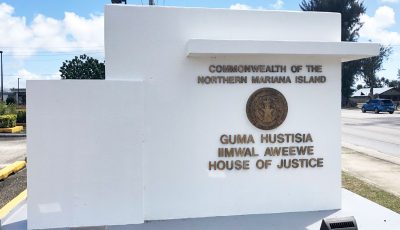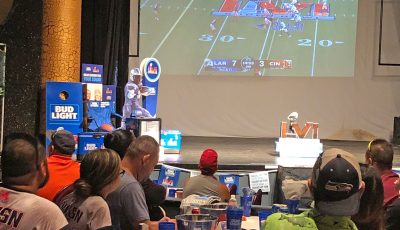SC affirms trial court judgment in contract case
On June 16, 2016, the Supreme Court published Markoff v. Lizama, 2016 MP 7, holding that the trial court did not err in finding an enforceable contract between Juan T. Lizama and Dr. Alan Stuart Markoff, DDS, because Lizama and Markoff mutually assented to the essential terms of the contract. Further, the court stated that the trial court retained jurisdiction even if it failed to join an alleged indispensable party. Lastly, the court found Lizama’s Statute of Frauds argument unpersuasive because the contract was not a suretyship agreement as Lizama contended.
The pertinent facts stem from an oral contract between Markoff and Lizama in 2012. In June of that year, the parties met multiple times to discuss the condition of Lizama’s brother’s teeth. Markoff testified that at their initial meeting, Lizama stated he “felt that it was his responsibility…to take care of his brother,” meaning Lizama would pay for his brother’s dental treatment. After that meeting, Lizama’s brother (“Antonio”) visited Markoff’s clinic, received a comprehensive dental evaluation, and was charged for that evaluation. Markoff then prepared a treatment proposal and discussed the proposal with Lizama at a subsequent meeting. At that meeting, Lizama told Markoff to “Take care of my brother. He doesn’t have any money and I will pay for it.” Markoff then commenced dental work on Antonio.
Markoff billed Lizama $6,381 for the dental work he provided Antonio. After Lizama paid $1,000, he refused to make any additional payments on the account. Markoff then sued Lizama for breach of contract, seeking to recover the balance of the account.
The trial court ruled in favor Markoff. It stated that Markoff and Lizama entered into an enforceable contract, and the terms of that contract were that Markoff would commence dental work on Antonio, and Lizama would pay for those services.
Lizama presented three arguments on appeal. First, he argued that an enforceable contract did not exist between the parties because the parties failed to mutually assent to the essential terms of the contract. Second, he argued that the trial court was without jurisdiction because Antonio was not joined as a party to the suit. Last, he argued that the contract was subject to the Statute of Frauds because it was a contract to answer for the duty of another.
The Supreme Court ruled against Lizama on all three issues. It rejected Lizama’s first argument because, as the trial court noted, the evidence indicated that the parties mutually assented to the essential terms of the contract: Markoff would provide dental services to Antonio, and Lizama would pay the corresponding costs. It found Lizama’s second argument unpersuasive because the federal interpretation of an analogous rule indicated that the failure to join a materially interested individual does not divest the trial court of jurisdiction. Lastly, it found Lizama’s Statute of Frauds argument unconvincing because the contract between Markoff and Lizama was not a suretyship agreement. It stated that the agreement was not a suretyship agreement because a suretyship agreement is a contract to pay for the duty of another, and Antonio was under no duty.



























